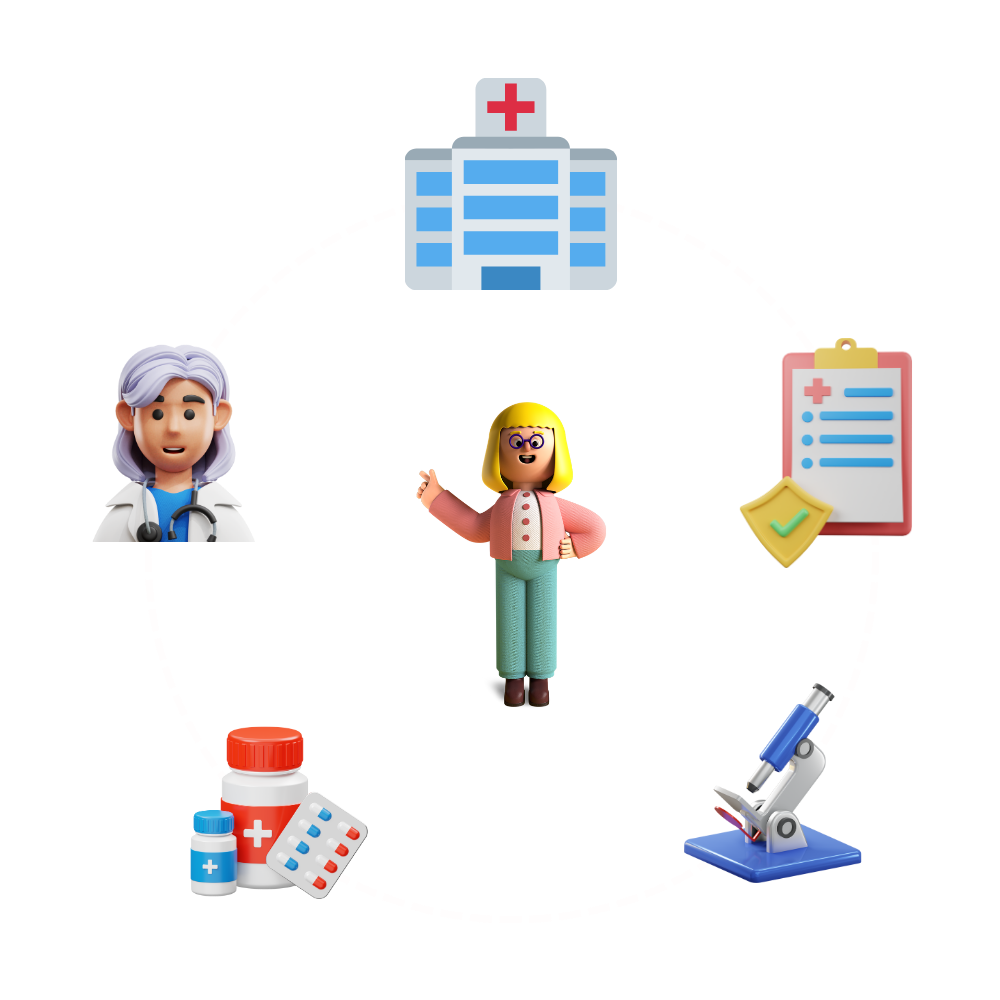Physiotherapy, also known as physical therapy, is a healthcare profession that uses physical techniques to promote healing, reduce pain, and improve function in people who have been affected by injury, illness, or disability.
Physiotherapists use a variety of techniques to help patients regain strength, flexibility, and mobility. These techniques may include:
- Exercise therapy: Patients are prescribed specific exercises to help strengthen muscles, improve flexibility, and increase range of motion.
- Manual therapy: Physiotherapists use techniques such as massage, mobilization, and manipulation to help reduce pain and improve function.
- Education and advice: Physiotherapists provide advice and education on how to manage symptoms, prevent further injury, and maintain good health.
- Electrotherapy: Physiotherapists use modalities such as ultrasound and TENS (Transcutaneous Electrical Nerve Stimulation) to manage pain and inflammation.
- Rehabilitation: Physiotherapists help patients return to their normal activities by developing and supervising rehabilitation programs.
Physiotherapy can be beneficial for a wide range of conditions, including musculoskeletal conditions (such as back pain, neck pain, and arthritis), sports injuries, neurological conditions (such as stroke and multiple sclerosis), and respiratory conditions (such as asthma and chronic obstructive pulmonary disease).
It is important to note that Physiotherapy is a regulated profession, and Physiotherapists are healthcare professionals who have completed a degree in Physiotherapy and are registered with a professional body.
 Drlogy
Drlogy




